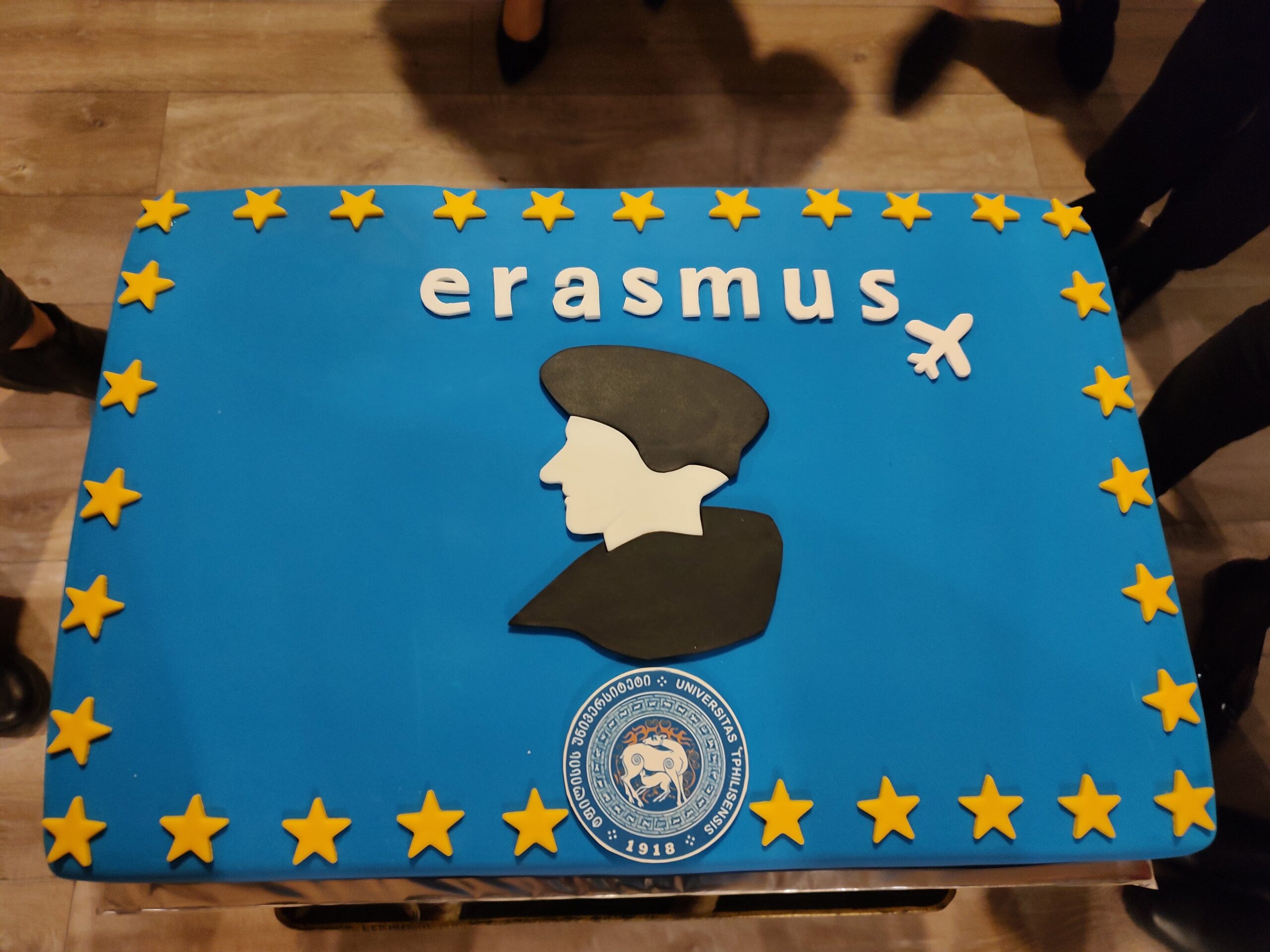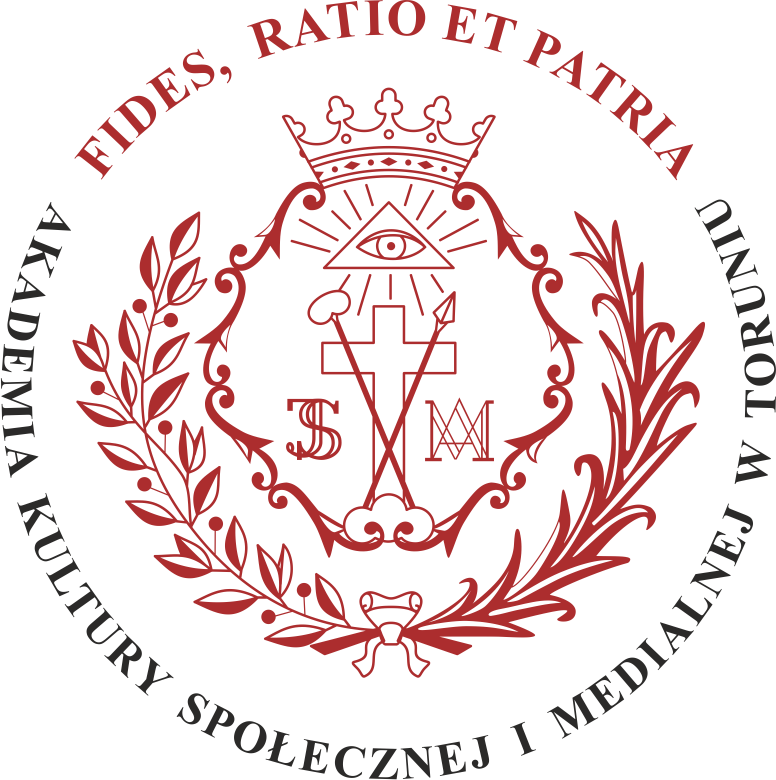The COVID pandemic has meant that all European universities have gone through a few months of uncertainty. Our ability to send and receive students made mobility management very complex. It was necessary to continue to offer security and attention at all times while the scenarios continually changed. It was a challenge that has matured and prepared us to be more resilient and proactive in our programs.
During the pandemic, we looked ahead to the future. It was the time to wondered how we could re-motivate so many students who paralyzed their mobility. Above all, because the problems of border closure have created a bit of fear to leave each country. We had very complex cases to solve, and some of them required non-optimal solutions.
At the University of Cádiz, we began mobilities 2021/22 with the surprise of substantial growth in mobility applications. We are around 600 mobilities each semester, which implies an increase close to 20% over the best figures of the past. What can this mean? We believe that, although the pandemic has created well-founded fears, it has also forced us to improve information and support mechanisms for our students. When information and support markedly enhance, it is logical that a feeling of trust appears among students.
Confidence helps you take the step of requesting mobility and organizing a stay in another country.
We are aware of the need to continue improving. For this, the feedback that the students send us is essential. You have to gather opinions and find in them the clues that will lead us to a process of continuous improvement. We are excited about the increase in mobility requests. We must continue promoting mobility as a fundamental part of the training process to enable our students to live and coexist in a fully globalized society.
Nestor Mora (University of Cadiz)










The “new normality” is a challenge that invites us to get out of the comfort zone where we used to live. Courage and patience! Indeed everything is improving as we adapt to changes. Greetings!!!
Good reflexion! I consider this time of lock down as a time to reflect on the quality of time spent with others, the opportunities lost when you don’t have real relations in “normal” life and the possibilities that the world can offer. Now that we got used to looking at the world through a screen, the time has come to visit it in a face to face way. Mobility of students and staff from Universities open new perspectives not only in a professional or curricular way, but also in a personal way.
Time has come to face the world again, to deal with the “new reality”
Very interesting post! After the nightmare of Covid with all the lockdowns and the reductions on mobility, now with the “new normality” people and universities can return to their activities. Personally i think that the past months has helped all of us to think more and better for the future, and now it’s time to come back and restart everything in a more confident and improved way.
My Dear Friends!
I still hope that we will finally come back to some “normality”.
But is it possible …
The normal classes with students are now what?
Terms such as “traditional classes with students”, “remote learning”, “hybrid learning” … are phrases that will stay in our dictionaries for good …
Besides, the pandemic still exists.
We in Poland are currently experiencing the fourth wave of COVID-19.
Many people are still unvaccinated.
They are dying younger and younger.
But I still hope normality comes back. Or normal new reality…
Soon….
Let’s hope so.
It seems that everyone is dreaming about normality recently. Whatever she was.
We have already got variations by cases of the word coronavirus with the addition of another leader from the Greek alphabet, or an acronym.
Vaccinations and persuasion seem to be the best tactics at present. It is not uncommon, however, to fight false information first.
Let there be normality!
… [Trackback]
[…] Find More Information here to that Topic: ripec-project.eu/discussion/we-are-returning-to-the-new-normality/ […]
… [Trackback]
[…] Here you can find 78930 more Information on that Topic: ripec-project.eu/discussion/we-are-returning-to-the-new-normality/ […]
… [Trackback]
[…] Read More on that Topic: ripec-project.eu/discussion/we-are-returning-to-the-new-normality/ […]
… [Trackback]
[…] Read More Information here on that Topic: ripec-project.eu/discussion/we-are-returning-to-the-new-normality/ […]
… [Trackback]
[…] Find More Info here to that Topic: ripec-project.eu/discussion/we-are-returning-to-the-new-normality/ […]
… [Trackback]
[…] Here you can find 30189 additional Info on that Topic: ripec-project.eu/discussion/we-are-returning-to-the-new-normality/ […]
… [Trackback]
[…] Info to that Topic: ripec-project.eu/discussion/we-are-returning-to-the-new-normality/ […]
… [Trackback]
[…] Read More here to that Topic: ripec-project.eu/discussion/we-are-returning-to-the-new-normality/ […]
… [Trackback]
[…] Info on that Topic: ripec-project.eu/discussion/we-are-returning-to-the-new-normality/ […]
… [Trackback]
[…] Info on that Topic: ripec-project.eu/discussion/we-are-returning-to-the-new-normality/ […]
… [Trackback]
[…] There you can find 85942 additional Information to that Topic: ripec-project.eu/discussion/we-are-returning-to-the-new-normality/ […]
… [Trackback]
[…] Read More on on that Topic: ripec-project.eu/discussion/we-are-returning-to-the-new-normality/ […]
… [Trackback]
[…] Find More Info here to that Topic: ripec-project.eu/discussion/we-are-returning-to-the-new-normality/ […]
… [Trackback]
[…] Read More on on that Topic: ripec-project.eu/discussion/we-are-returning-to-the-new-normality/ […]
… [Trackback]
[…] Read More on that Topic: ripec-project.eu/discussion/we-are-returning-to-the-new-normality/ […]
… [Trackback]
[…] Read More here on that Topic: ripec-project.eu/discussion/we-are-returning-to-the-new-normality/ […]
… [Trackback]
[…] Info on that Topic: ripec-project.eu/discussion/we-are-returning-to-the-new-normality/ […]
… [Trackback]
[…] Read More on that Topic: ripec-project.eu/discussion/we-are-returning-to-the-new-normality/ […]